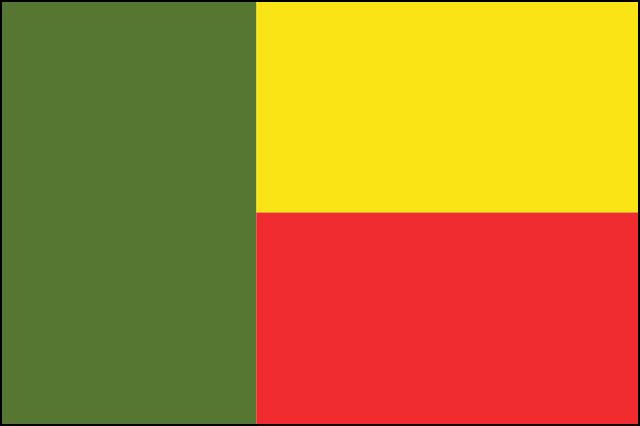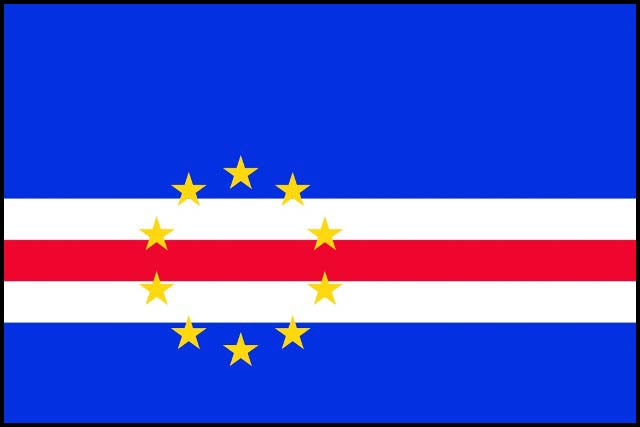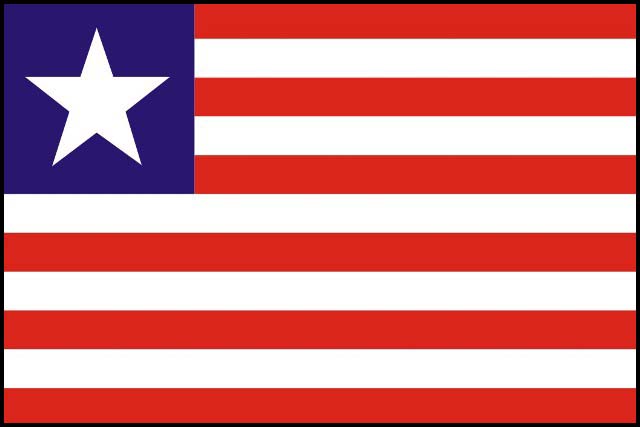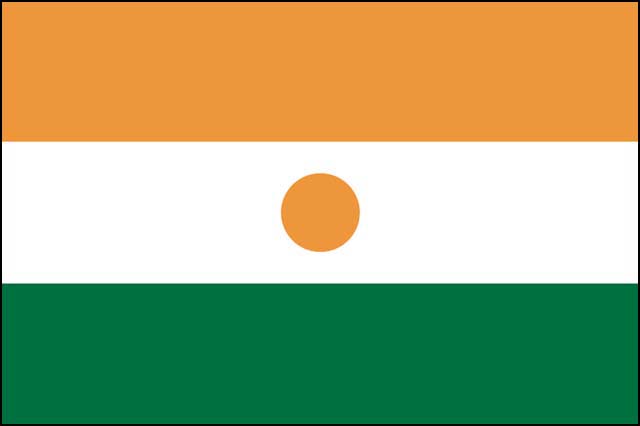Benin
Overview of the country
Benin is a country in West Africa, which covers an area of 114,764 km2 and stretches over 700 km, from the Niger River in the north to the Atlantic coast in the south. The country is part of ECOWAS and borders Togo to the west, Nigeria to the east, Niger to the north-east and Burkina Faso to the north-west. The country has a population of around 11 million which is spread over 12 departments and 77 municipalities. The capital is Porto-Novo.
Political, economic and social context of the country
- Political context
Benin achieved full independence on August 1, 1960, under the name of Republic of Dahomey. At the end of the 1980s, serious economic difficulties led to the end of the regime: Benin began a process of democratic transition and, in 1990, adopted a new constitution. Several presidents have succeeded one to another following democratic elections since then. The current president name is Patrice TALON. Benin is a member of several sub-regional and regional organizations such as: OHADA, WAEMU, African Union, ECOWAS, CEN-SAD.
- Economic context
In Benin, based on the evolution of the economic situation at the national and international levels, the economy growth rate is expected to stand at 7.6% in 2019 compared to 6.7% in 2018 and an estimated 5.7% in 2017.
- Social context
The poverty rate is estimated at 40.1% and the HDI at 0.480.
Agro-sylvo-pastoral and fishery sector
- Cereal production increased from 2,061,189 tonnes in 2017 to 2,109,384 tonnes in 2018, that is an increase of 2.34% over the last season.
- Roots and tubers production increased from 7,488,885 tonnes in 2017 to 7,742,026 tonnes in 2018, that is an increase in production of 3.38% compared to 2017
- Legume production increased from 464,573 tonnes in 2017 to 488,967 tonnes in 2018 and has grown by more than 20% compared to the average production of the last five seasons.
- The total production of market garden products is estimated at 742,545 tonnes during this campaign, against 733,895 tonnes in 2017, it is an increase of 1.18% in the production.
- Fishery productions in general are estimated at 70,971.66 tonnes in 2018 against 52,686.9 tonnes in 2017, this is an increase of 35%.
- The total meat production is estimated at 74,162 tonnes against 72,226 tonnes in 2017. Milk production is estimated at 121,975 tonnes against 118,903 in 2018.
Additional information
The agricultural sector plays a major role in the national economy. In order to strengthen the achievements and enable this sector to play its role more effectively, the Strategic Plan for the Development of the Agricultural Sector (PSDSA 2017-2025) was drawn up, together with its National Agricultural Investment and Food and Nutritional Security Plan (PNIASAN 2017-2021) and related documents (programmatic framework, institutional framework).
The PSDSA / PNIASAN is consistent with the Government's Action Plan (PAG 2016-2021), Benin's commitments at the international level, particularly the African Union's Agenda 2063 and the New Partnership for Africa’s Development (NEPAD) programme, which are also in line with the 2030 Agenda which constitutes the new global development framework.
In view of the challenges to be taken up in the Beninese agricultural sector, the stakeholders adopted as a development vision in the PSDSA: "a dynamic Beninese agricultural sector by 2025, competitive, attractive, resilient to climate changes and creator of wealth, equitably responding to the food and nutritional security needs of the Beninese population and to the economic and social development needs of all layers of the country's population ”.
The different categories of actors are (i) the State, through the MAEP and other ministries intervening in the sector, (ii) local and territorial communities, (iii) Agricultural Producers Organizations through the PNOPPA, ( iv) the Network of Chambers of Agriculture of Benin, (v) the private sector (CCIB, Patronage, etc.), (vi) Civil Society through PASCiB and national NGOs through REDAD (vii) Technical and Financial Partners (TFP).
The Beninese territory is split into 7 agricultural development poles.














